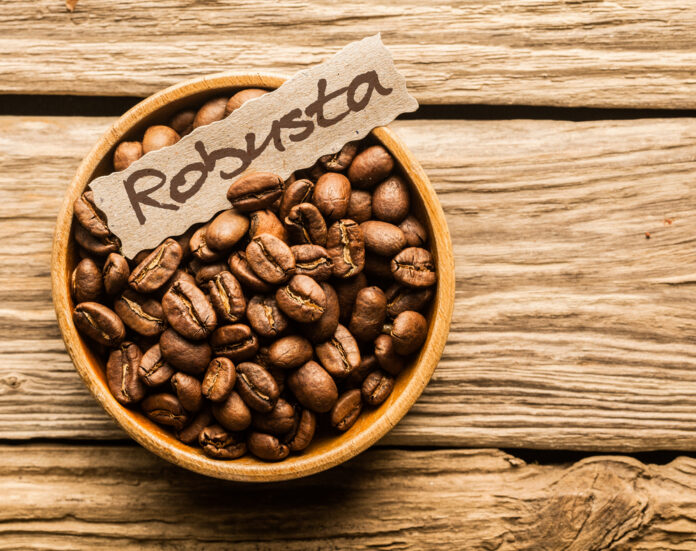The government and Nestlé Philippines are raising Robusta coffee together in a Mindanao plantation that should produce 1,000 kilos of the beans per hectare by 2027.
“The Mindanao Robusta Coffee Project is a public-private partnership that aims to create a more robust and globally competitive coffee industry through programs that will increase farmers’ volume production and improve the quality of their green coffee beans,” said DA Senior Undersecretary Domingo Panganiban.
Current Robusta bean output per hectare stands at only 330,000 kilos, government data show.
The Department of Agriculture observed that Mindanao already produces 80 percent of the country’s coffee but its value chain should further get boosted by research, fertilizer support, upskilling of farmers, establishment of coffee centers as well as logistics and marketing as the PPP project matures.
“We are also looking for ways to innovate our buying process of green coffee beans to help increase our volume purchase of local coffee beans from farmers and cooperatives. The goal is to shift sourcing to 100 percent local coffee beans,” said Kais Marzouki, Nestlé Philippines chairman and chief executive officer.
He noted the small coffee bean farmers are the country’s main producers of coffee but pointed out that local production has not been able to meet rising demand, particularly with coffee consumption increasing steadily.
The world’s largest food and beverage company said that in 2015, farm yields averaged only 0.30 metric tons (MT) per hectare and that coffee production dropped 16.17 percent from 72,341 MT in 2015 to only 60,640 MT in 2020.
The partnership, Marzouki said, aims to help realize the goals of the Philippine Coffee Roadmap that looks to boost the country’s coffee self-sufficiency levels from 15 to 39 percent by 2025.
According to government data, the Philippines produced 21,384.80 MT of Robusta green coffee beans last year, up only 0.3 percent from 21,313.92 MT in 2021.







